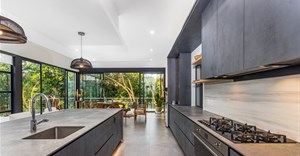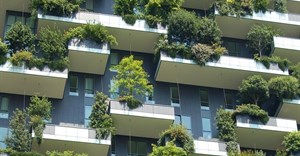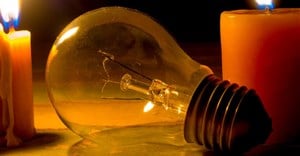
Why smaller, smarter, greener homes are the future

That’s the word from Rudi Botha, CEO of BetterBond, who says that affordability remains a serious concern for most buyers because they are still labouring under relatively heavy debt loads and worried about rising taxes and the increasing cost of food, fuel and utilities. “SA consumers are much more conservative spenders than they used to be and really careful now about getting in over their heads.
“Consequently, while the banks are keen to lend to homebuyers and our bond approval rate is at 80%, the highest level since the 2008/9 financial crash, the latest statistics from Absa show that the total of outstanding household mortgage balances is currently growing more slowly than it did last year. The year-on-year growth rate is down from 3.6% in November 2017 to 3.1% currently.”
South Africans buying less expensive homes
This does not mean, he says, that South Africans are buying fewer homes – only that they are buying less expensive homes. “This is confirmed by our own statistics, which show that more than three-quarters (78%) of the bonds granted in the past 12 months have been for less than R1.5m – and that 60% were actually for less than R1m.
“In general terms, these cheaper homes are also smaller, as indicated by recent FNB research, showing that the average size of new homes being built in SA has shrunk from a peak of 203m2 in 1974 to around 162m2 now – and that accounts in large measure for the current slow growth in home prices (2.9% year-on-year) in spite of a drop in the prime interest rate and increased sales volumes.”
However, Botha says, affordability is not the only reason for the increased popularity of smaller, cheaper homes. “Changing lifestyles also plays a big role. Household sizes are shrinking, for example, so buyers generally need fewer bedrooms. Many homeowners now are also short of time so don’t want a large garden or home to maintain. Traffic congestion is also driving a significant shift from the large homes of the suburbs to smaller homes in urban centres.
Growth of sectional title schemes
“In the SA context, it must be said that smaller properties are usually also easier and less expensive to secure, and the effect of this concern can clearly be seen not only in the increasing number of estate developments, but also in the steady growth of sectional title schemes in SA over the past 30 years. In the late 1980s, secure sectional title developments accounted for only 6% of new builds in the country, but today they account for 27% of all new homes.”
The quest for greater security and personal safety, he says, is also one of the main factors driving the current rapid uptake of smart home technologies in SA. “Using these technologies, owners can monitor their alarm systems and security cameras via their smartphones even when they are not at home, photograph any intruders, open or close garage doors and gates, and turn lights on and off to make it seem as though there is someone at home.
“This is definitely appealing to SA homeowners and according to Statista, the overall value of the smart home automation market in SA is expected to top $60m by 2020. Meanwhile, there is already sufficient demand for local security companies such as Fidelity ADT to have introduced security-focused smart home packages.”
Environmental costs
And finally, says Botha, the trend towards smaller homes is being driven by a growing awareness among SA homebuyers of what it costs in environmental terms to run a larger home. “Cape Town residents have seen, for example, how much water can be saved just through more conscious usage, while the threat of renewed rolling blackouts this winter is causing many others to revisit the drawbacks of electricity derived from fossil fuels.
“As a result, there is rising demand for smaller homes that use less energy and water and are already fitted with green equipment such as heat pumps, solar panels and rainwater tanks. And some of the banks now even have special home loan options for owners who want to retrofit such green systems, because doing so definitely adds value to their properties.”
















